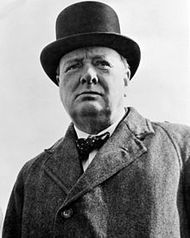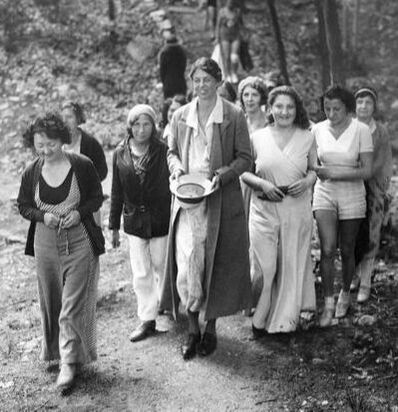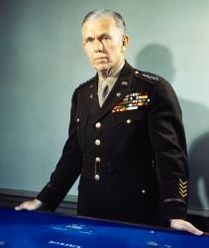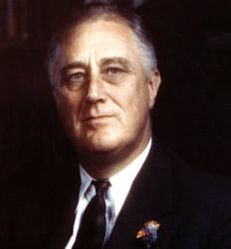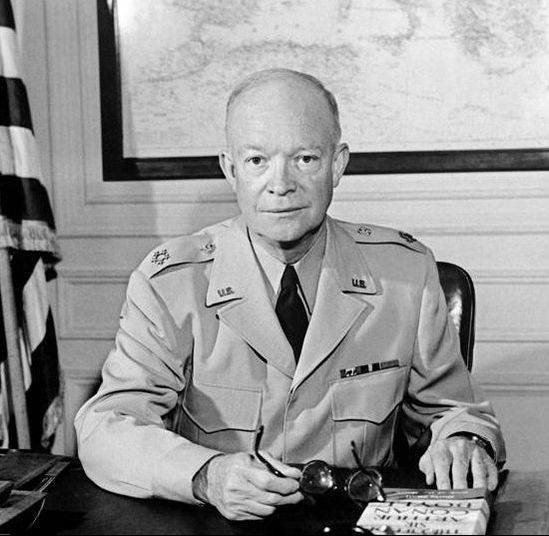WWII LEADERSHIP SERIES
|
BOOSTING MORALE IN TOUGH TIMES
Lessons from Churchill In times of change — reorganization, budget cuts, downsizing, new management, even moving the office — employees lose focus, and productivity declines. Dealing with employee emotions, from anger to loss of interest, requires managers to ramp up their communications to help people re-engage with the organization’s mission, and not dwell on their own feelings. Through historic examples from Winston Churchill in World War II, you will learn communications tools that you can apply to your own workplace. By comparison with the shortages of war-time England, your problems should seem manageable. So step back in time, study the master of communications, and begin drafting a plan to pull your employees into a confident, focused team once again. |
These are not dark days, these are great days—the greatest days our country has ever lived; and we must all thank God that we have been allowed... to play a part in making these days memorable." |

